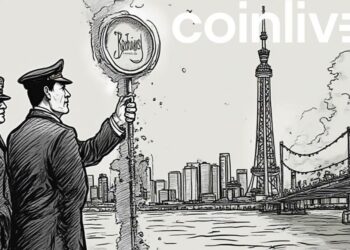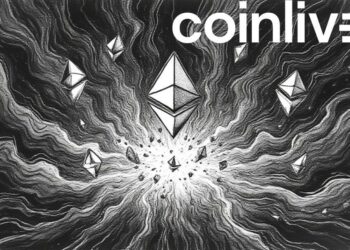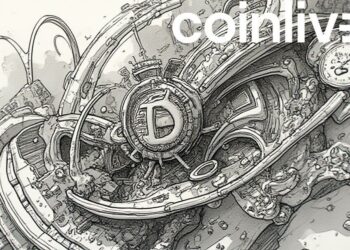TRENDING
Bitcoin’s Resilience Amidst Regulatory Challenges: A Deep Dive
January 7, 2026
Analyst Picks 12 Top Meme Coins to Invest in 2026: APEMARS Stage 1 Is Live and Could Turn $1,000 Into $323K
January 7, 2026
Crypto Longs Report Lacks Verification Evidence
January 7, 2026
Coinbase’s David Duong Warns of Quantum Risks to Bitcoin
January 7, 2026
Next
Prev
Market Analysis
Editor's Choice
Ripple vs. SEC Lawsuit Resolution and Market Impacts
SEC lawsuit resolves; Ripple pays $50M; XRP not a security for retail sales.
South Korea Halts Crypto Lending Amid Volatility Concerns
South Korea's FSC orders suspension of crypto lending services, impacting major exchanges.
Ethereum Eyes $9,600 Target Amid Institutional Interest
Ethereum's price may reach $9,600 following institutional investments and market trends.
Ethereum Foundation, Whales Drive $500M ETH Sell-Off
Ethereum's $500M ETH sell-off driven by Foundation's sales, whale activity, hacker liquidations.
Binance Launches Bonding Curve Token Model via Wallet
Binance introduces a new Bonding Curve Token Generation Event model with Four.Meme, launching Hyperion tokens on July 16, 2025.















